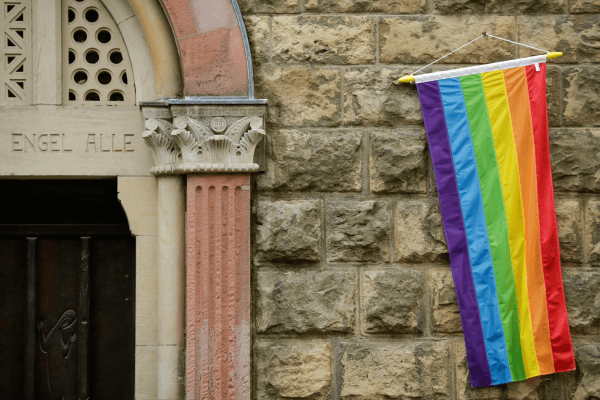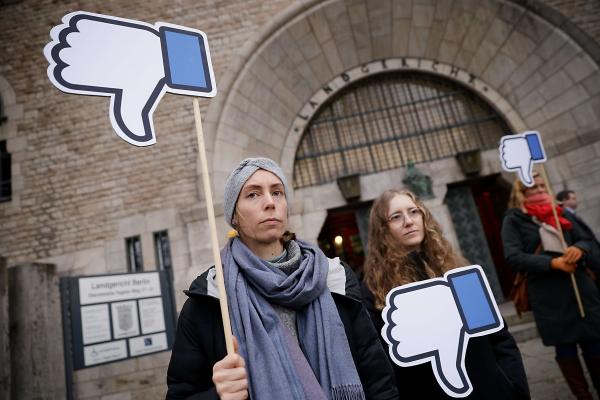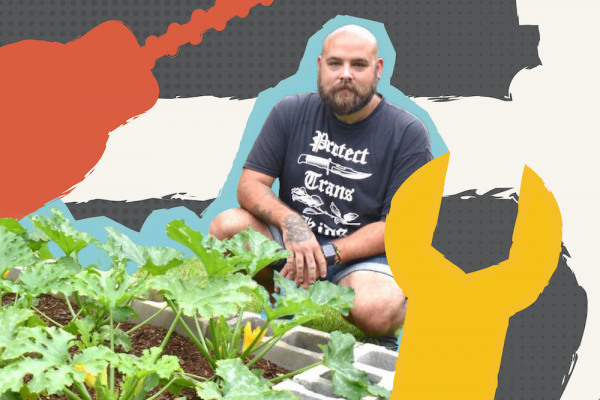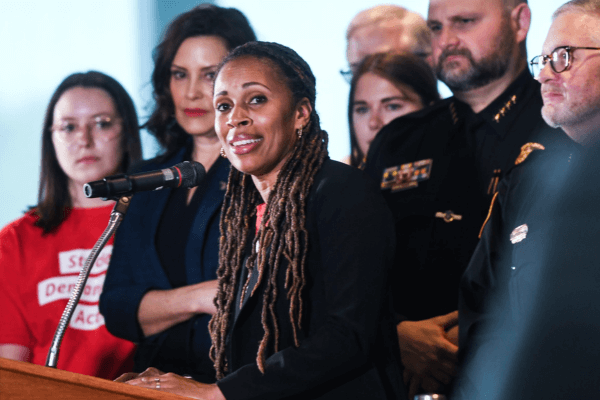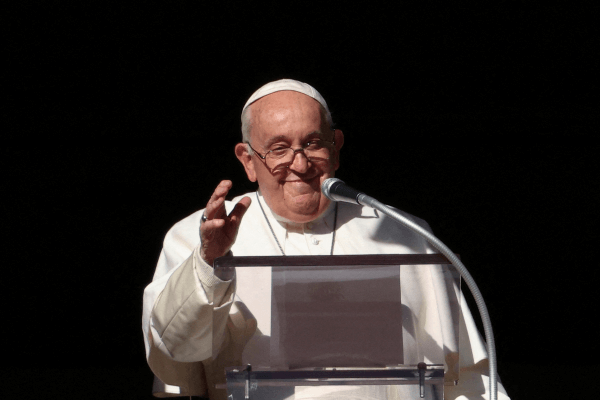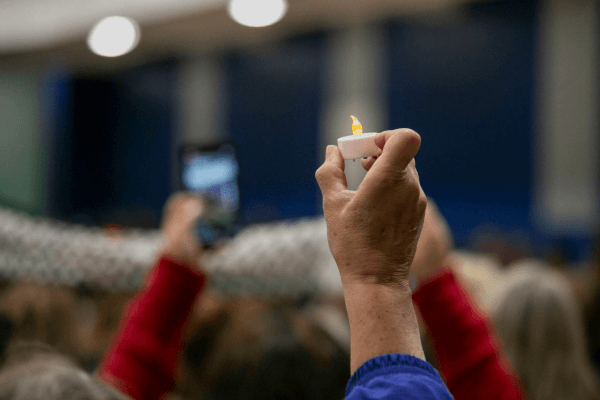Pope Francis called on Monday for a global ban on parenting via surrogacy, calling the practice “deplorable” and a grave violation of the dignity of the woman and the child. Francis' remarks are likely to antagonize pro-LGBTQ+ groups, since surrogacy is often used by gay or lesbian partners who want to have children, and follow his landmark decision to allow priests to bless same-sex couples.
The Vatican on Thursday moved to calm Catholic bishops in some countries who have balked over last month's approval of blessings for same-sex couples, telling them that the measure is not “heretical” or “blasphemous.” In a five-page statement, the Vatican's doctrinal office also acknowledged that such blessings could be “imprudent” in some countries where people who receive them might become targets of violence, or risk prison or even death.
According to recent polling from the Washington Post and the University of Maryland, Republicans are now “more sympathetic to those who stormed the U.S. Capitol and more likely to absolve Donald Trump of responsibility for the attack than they were in 2021.” The same polling found that Americans were now slightly less likely to believe that President Joe Biden’s win was legitimate and more likely to believe there was “solid evidence” of voter fraud.
In October of last year, 33 states sued Meta, the parent company of Facebook, Instagram, and WhatsApp, alleging that the company has “concealed the ways in which these Platforms exploit and manipulate its most vulnerable consumers: teenagers and children.” The lawsuit further alleges that the company “repeatedly mislead the public about the substantial dangers of its Social Media Platforms.” The most recent lawsuits make it clear that churches, that are operating large numbers of social media accounts, must do some soul-searching about whether they should stay on platforms that are causing harm to young people.
The Cagles are co-organizers of Jubilee House, a nonprofit ministry based in Parrish with multiple initiatives, including operating a free store and free pantry, passing out free naloxone to combat the opioid crisis, and reclaiming an old football field as a farm. Together, they work to sow a type of Christianity that would revitalize the literal and metaphorical soil of the Bible Belt.
“Something I often heard was that ‘there’s not enough Black Catholics.’ [That] the numbers of Black Catholics are not big enough to justify doing a survey into this community. But that was in complete contradiction with what I was seeing when I was at these rallies and with people who were engaging with the Black Lives Matter movement.”
Abandoned homes line a long sandy beach in Bargny, a small town on the coast of Senegal. High waves have overwhelmed sandbags, old tires, and other makeshift barriers to fill the homes with wet sand, making them uninhabitable.
After each shooting, Angela Ferrell-Zabala rejects the inevitable chorus of “thoughts and prayers” — but not because she dismisses the power of prayer. Religion is the cornerstone of what drives Ferrell-Zabala to action as the first-ever executive director of Moms Demand Action, a network of volunteers working to protect people from gun violence and part of Everytown for Gun Safety. Yet she knows that faith without action isn’t enough to address the estimated 132 gun-related deaths in the U.S. each day.
The Vatican said on Monday in a landmark ruling approved by Pope Francis that Roman Catholic priests can administer blessings to same-sex couples as long as they are not part of regular church rituals or liturgies.
For many Christians in the West, Advent is a time of preparation infused with prayer, anticipation, and reflection. This year, Advent is painfully marked by more than 18,000 Palestinian deaths — including more than 7,000 children — as a result of Israel’s brutal military retaliation for the Oct. 7 Hamas attack. But the violence stretches beyond the borders of Gaza and the West Bank.

